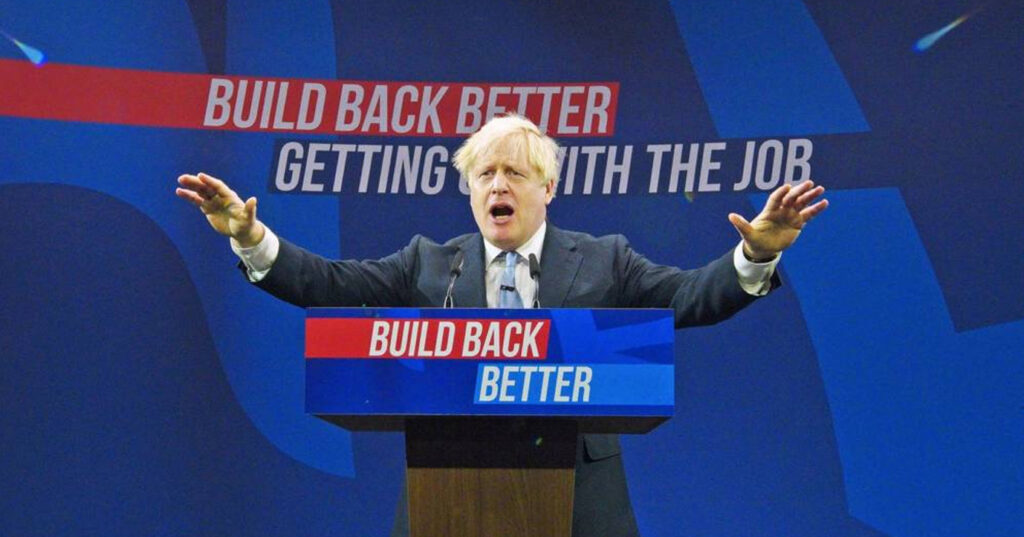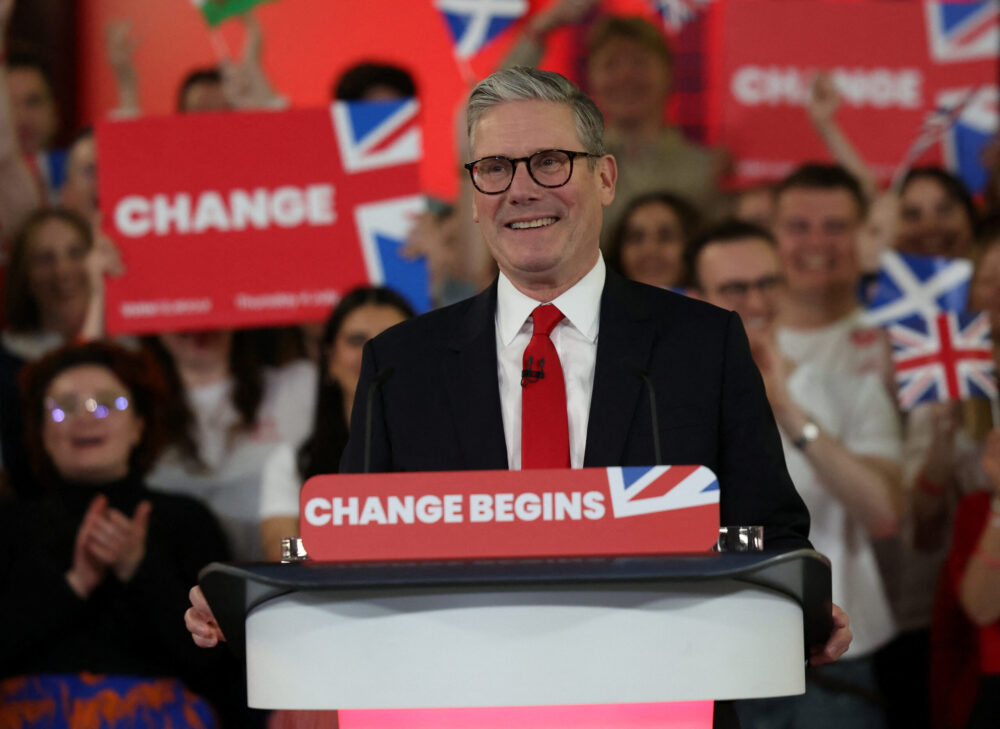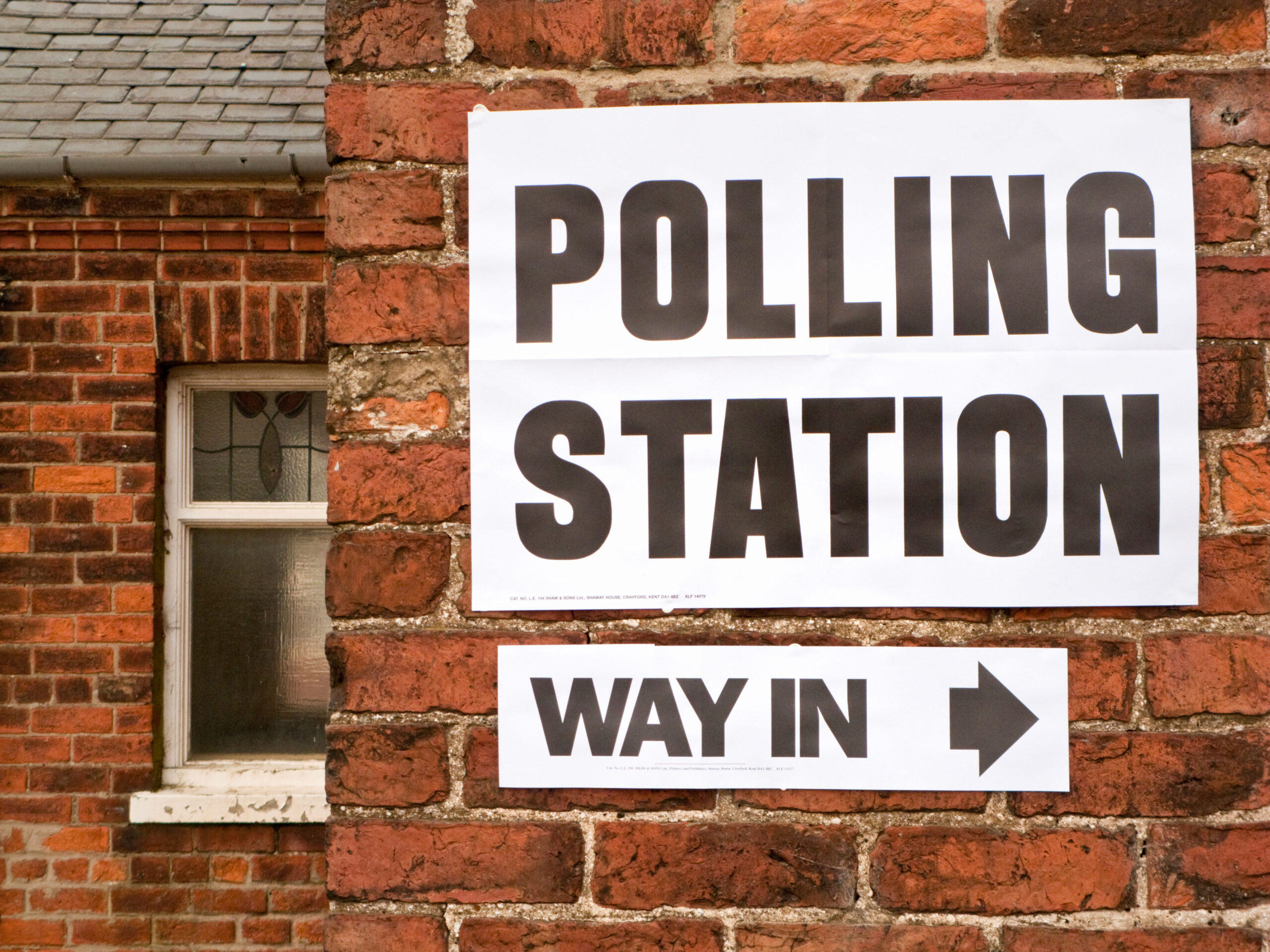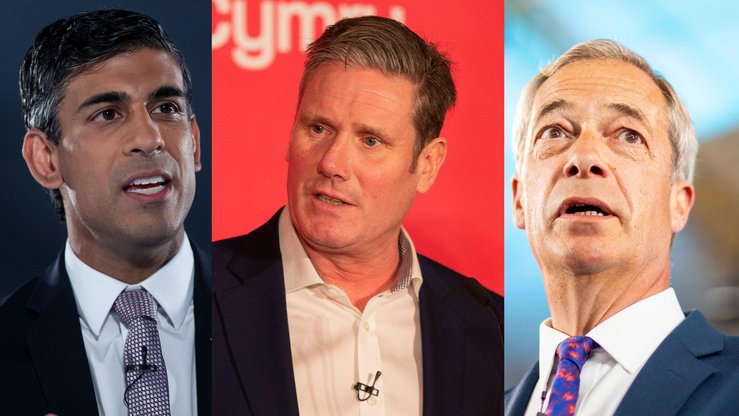
This article was first published in the Mail on Sunday. The full report and data tables are below.
On the face of it, the government is in real trouble. The Supreme Court ruling against the Prime Minister follows a succession of parliamentary defeats, defections, expulsions and daily headlines about turmoil and chaos. But it is a good rule of thumb in politics that the noisier it gets, the more it pays to take a step back, a deep breath, and a good look at the bigger picture.
My latest research, published today, looks at the fundamentals: how voters have reacted to the drama not just of the last few weeks but the years since the referendum, and how this week’s events fit into the longer story. For many people, and not just among those who backed Leave in the increasingly distant 2016 referendum, that story is one of frustration and failure – or, worse, deliberate actions to delay Brexit for as long as possible or stop it altogether. That is the context in which many see the Supreme Court’s decision. Many of the Brexit supporters we spoke to were not so much angered as bemused by the ruling: “they seem to have made up a law and found Boris guilty of breaking it,” as one put it. More telling, for them, is who brought the case in the first place: “The people bringing these lawsuits have got money,” one of our focus group participants observed. “It’s like they’ve got an extra vote somehow. They have their own interests and they’re not interested in us at all. Your vote, my vote is meaningless because it can be undermined by people of influence.”
Nor are they optimistic. While nearly eight in ten Conservative Leave voters agree with Boris that Brexit should happen at the end of October with or without a deal, only one in three think this is the most likely outcome. Nearly a quarter of them think we will end up remaining in the EU. This being the case, it is not surprising among those currently leaning towards backing Nigel Farage, the most important attribute a party can have is not competence or even having the right priorities for the country, but that it does what it says it will do. This shows the possible reward – but the potential peril – of the PM nailing his colours so firmly to the Brexit mast.
So far, on that score, Boris gets credit for battling on through the furore to uphold the referendum verdict. This comes not just from Tories, and some even told us they were surprised he had turned out to be so principled and determined. Six in ten Leave voters and most of those intending to vote Conservative say they would like to see him refuse to ask for an extension to Article 50 if no agreement is reached by 19 October, despite the new legal mandate to do so. He trounces Jeremy Corbyn when we ask who would make the best PM – in fact Labour Leave voters prefer him to the prospect of their own leader entering Number Ten. And while many Tory remainers are nervous about the idea of a no-deal Brexit, they would choose this over a Corbyn-led Labour government by a huge margin, as would voters as a whole, by 48% to 35%.
Thrilling though they may have been for constitutional scholars, then, the last few days have changed little in the Brexit debate. People on all sides feel just as strongly as they did before Lady Hale’s brooch became a national talking point. But the election, when it comes, will be about more than whether and how we leave the EU. “Dealing with Brexit in the right way” certainly tops the list when we ask what people think are the most important issues facing the country. But when we ask what matters most to them and their families, it falls to third, behind the cost of living and the NHS. It is worth remembering that 2017 started out as the Brexit election, but ended up being about everything else: social care, nationalisation, the NHS – even fox hunting – and the characteristics of the two leaders.
There is also the perennial problem of the Conservative Party’s brand. At the last time round many Labour voters simply could not bring themselves to vote for what they saw as the party of cuts however strongly they agreed with Theresa May that Brexit should mean Brexit. As my research finds, Tory-sceptic voters are taking Boris’s pledges of extra spending on health and the police with not just a pinch but a wheelbarrow of salt.
All of these ingredients will go into the next election, which in turn will not be a single national battle but a series of local skirmishes with each party having to fight on more than one front. Boris must keep Tory remainers on board while bringing back those tempted by the Brexit Party; Jo Swinson will see whether her remain-in-all-circumstances position plays as well for the Lib Dems in the South West of England as it does in the South West of London; and Jeremy Corbyn’s policy of deliberate ambiguity will be tested to the limit in places as culturally different as Brighton and Stoke.
Finally, there is the question of the voters’ stamina. Many leavers see the endless delays as a campaign to wear them down, and some admit it is working. “I find myself going from anger to apathy really quickly,” as one told us. Though people hold strongly to their position and have their personal champions – whether Boris, Jo, Jeremy or Nigel – their view of the political class as a whole wavers between fury and contempt: many are torn not just between parties, but over whether to bother voting at all. It is a wearying saga, and we haven’t reached the end of it yet.


